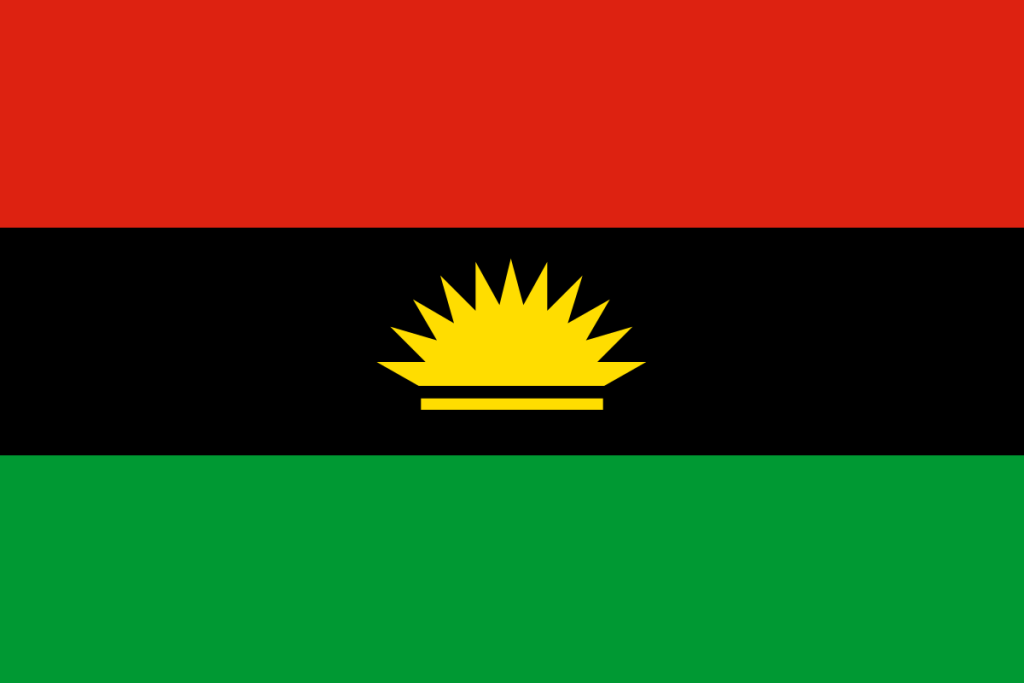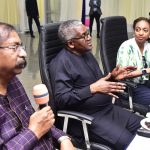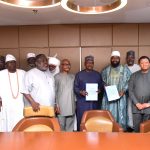The Rising Tide: Examining IPOB’s Activities in the South East

In recent months, the South East region of Nigeria has witnessed a resurgence of pro-Biafran sentiment, primarily fueled by the activities of the Indigenous People of Biafra (IPOB). Formed in 2012 under the leadership of Mazi Nnamdi Kanu, IPOB has rapidly evolved from a little-known advocacy group into a powerful movement demanding the secession of the Biafran territory from the Nigerian state.
IPOB’s emergence comes on the heels of long-standing grievances among the Igbo people, including issues of marginalization, underdevelopment, political exclusion, and a perceived deliberate effort to erase the memory and identity of Biafra from the national consciousness. Through its radio broadcasts—most notably Radio Biafra—IPOB has rekindled these sentiments and awakened a new generation of Igbo youth to the ideals of self-determination.
The group’s tactics have ranged from peaceful rallies and educational campaigns to more provocative strategies, including symbolic sit-at-home protests, boycotts of national celebrations, and calls for a referendum. These actions have drawn both admiration and criticism from various quarters. To some, IPOB represents the long-awaited voice of resistance against systemic injustice. To others, it is a destabilizing force threatening national unity.
While IPOB claims to be non-violent, its confrontations with Nigerian security forces often end in bloodshed. Reports of arrests, brutal crackdowns, and even extrajudicial killings have raised alarm among human rights groups, yet the federal government maintains its position that IPOB constitutes a threat to national security. This has created a tense environment in the South East, where residents are caught between loyalty to their ethnic identity and the realities of living under a central authority unwilling to tolerate dissent.
Yet, what makes IPOB particularly effective is its grassroots mobilization. From market women to university students, the Biafran ideology is gaining traction. IPOB’s message is not only political—it is cultural and spiritual. It speaks to a wounded history and a future imagined through the lens of justice and self-determination.
However, there are serious questions that remain unanswered. Can IPOB’s vision of Biafra be realized through civil agitation alone? Is secession the solution to the problems facing the Igbo people, or does it risk deepening division and triggering fresh conflicts? And what role should the Nigerian state play in addressing the legitimate grievances that fuel these separatist aspirations?
As a reporter and observers of history, we at Voice of Biafra are tasked with documenting this unfolding narrative with clarity and fairness. The IPOB movement is more than a political organization—it is a reflection of decades-long dissatisfaction with the Nigerian project. Whether it leads to freedom or further strife remains to be seen.
What is certain is that the cry for Biafra has not been silenced. It echoes louder today than it has in decades, carried on the airwaves of Radio Biafra and etched into the hearts of many who still believe that a different future is possible.
This article reflects the views of the correspondent, Mr. Akano Ogochukwu Henry, of Voice of Biafran Newspaper.





Leave a Reply